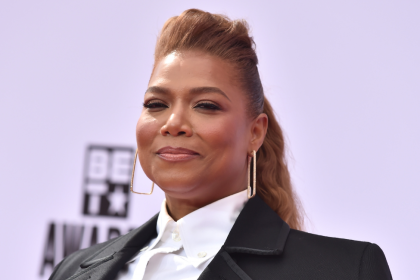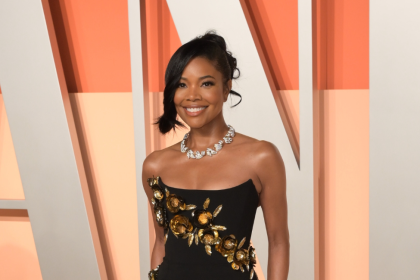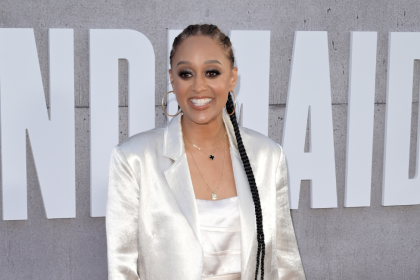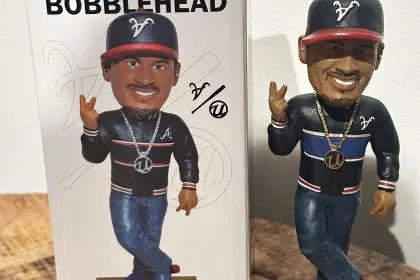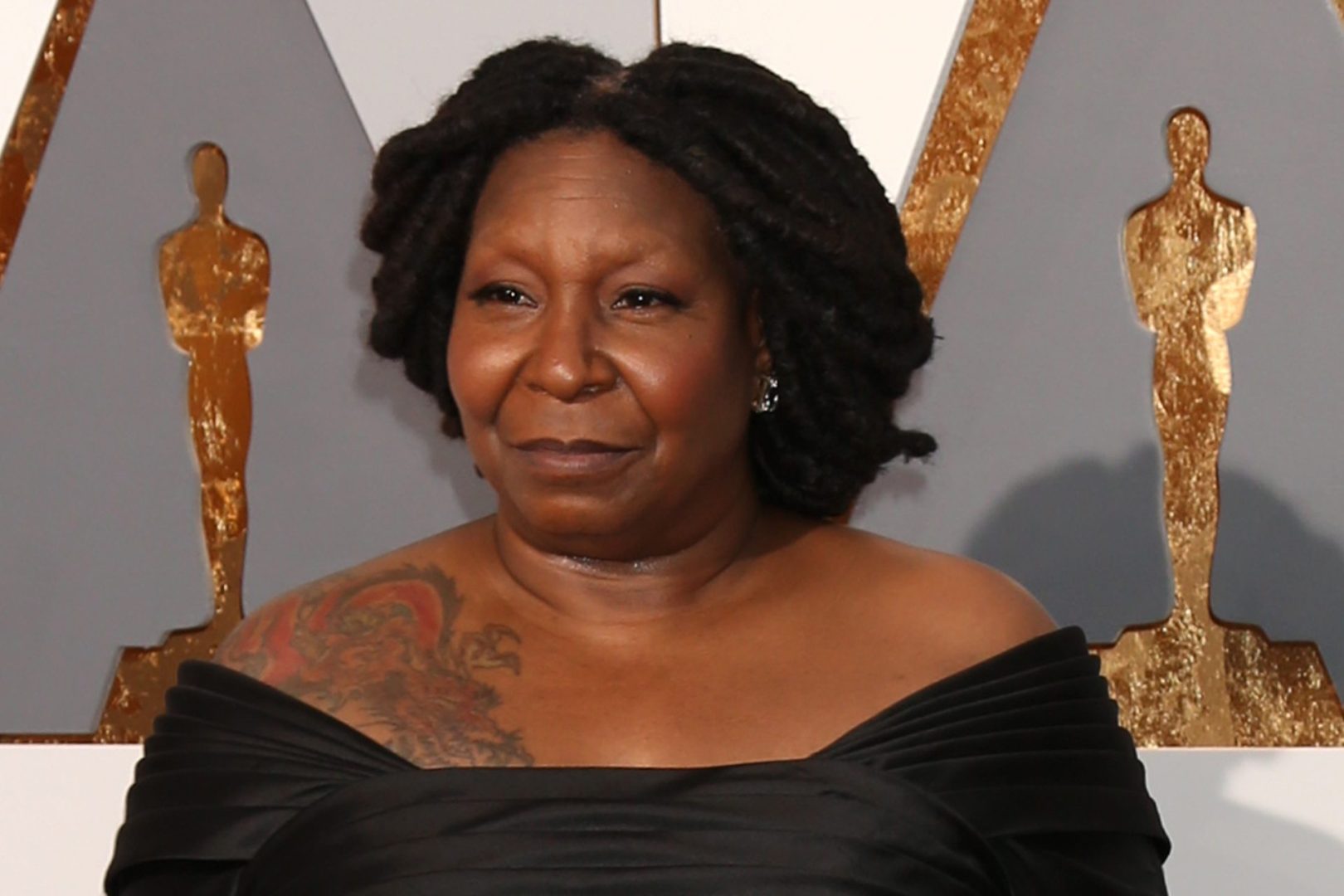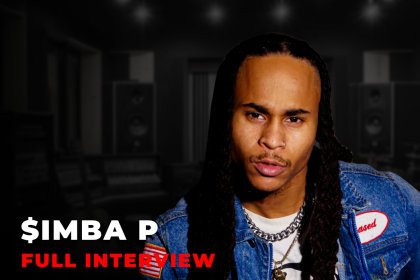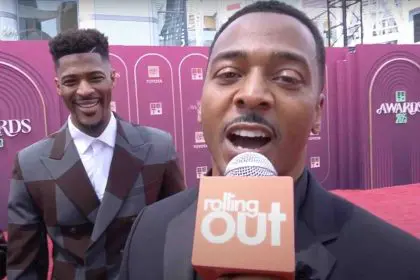Born and raised on the east side of Atlanta, Gail Bean always knew she was going to be special; she just had to put the time and work in, and that’s what she did. Bean has done what most people would love to achieve in their life in entertainment, perform at the highest capacity and win awards whiledoing so, and she’s looking to help the next generation achieve those goals, as well.
Bean spoke with rolling out about her career journey, what she would consider her superpower and advice for others in the entertainment industry.
How did you get into the mindset of playing Wanda in “Snowfall”?
I never judge any character. I’m always open and welcome to tell somebody’s story and I take it very seriously and try to tell it with as much empathy and humanity as I possibly can so it’s not made a mockery or satire. I broke it down to the basics of the humanity of Wanda, but also of the addiction to something, craving something, and showing how this could happen to anybody. I looked at personal experiences that I’ve witnessed firsthand from my family members because every single Black person in the world has been affected by the drug epidemic, so I did my research and I looked at documentaries like J is for Junkie, which came out of Atlanta.
I did interviews with people in LA who have lived through the ’80s, who experienced that and saw it firsthand, because all of the addicts that are in my family, by the time I was born they were already addicts, so I didn’t see or know how it happened. People who we haven’t seen, we sometimes don’t even look at them or even think that that could be us or empathize with them, and we don’t have a soft spot for them.
Why is it important to tell Black stories in shows and films?
I think it’s very major because representation matters. The “Power” universe just celebrated 10 years. That’s amazing and beautiful, and I love that 50 Cent has put so many Black people in another financial tax bracket. I think that is amazing. I love that Donald Glover does that. I love that Issa Rae does that. There are so many people like Gina Prince-Bythewood and Katori Hall who do it. We’re making names and giving people a whole nother world and introducing our stories that are real or fantasy and haven’t been told and deserve to be told. Again, it’s the visibility, and that’s what I think is the most important. Seeing the Black shows I came up with — like “The Wayans Bros.” “The Jamie Foxx Show”, “Martin”, “One on One”, “Moesha”, “A Different World,” and “In Living Color” — [is necessary] because they show us in totality.
I think “Black Cake” is so amazing, because it’s Caribbean, and they haven’t been able to be represented other than like the Caribbean drug dealers or it’s the Caribbean housekeeper. Finally, we see something where not only are they on TV, or not only are they immigrants, but they made something of themselves because that is also their story. That encourages us to grow and become more. You may not be an actor and you may not write a show, but this is your life that’s being lived out on TV.
What would you consider your superpower?
I would consider my superpower my light. My ability to walk in the room and shine. They say light shines brightest in the dark, so my superpower will be my light.

